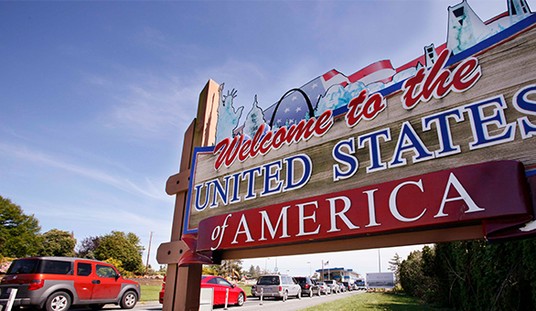A survey of Middle East residents on the U.S. election found that nearly half would sit home on Election Day if given the choice between Hillary Clinton and Donald Trump.
The Arab News/YouGov poll across 18 countries in the Middle East and North Africa region found 47 percent saying thanks but no thanks to the Clinton-Trump ballot. Forty-four percent would vote for Clinton and 9 percent would vote for Trump. Asked about their enthusiasm level for the candidates, 49 percent said Trump made them “upset” while 11 percent said that about Clinton; 5 percent were “enthusiastic” about Trump and 17 percent were for Clinton.
Fifty-two percent are following the U.S. election closely or occasionally. Only 9 percent thought our election would have no impact on the Arab world.
Seventy-eight percent thought Clinton would be better for the Arab world as opposed to 22 percent favoring Trump on the question.
The poll also found broad support for the GOP platform of social conservatism — only 11 percent believed a woman has a right to get an abortion — and many Arabs wanting to get tough on border security. “It is not unreasonable to assume that this support could extend to other important social issues,” said Stephan Shakespeare, chief executive of YouGov.
Asked what they think is the most important issue facing American voters, a whopping 41 percent said crime, followed by 20 percent picking inequality and 10 percent saying taxes. Asked about the biggest threat facing the United States today, 29 percent said Russia, 19 percent fingered an “intrusive federal government,” 17 percent said climate change, and 14 percent picked terrorism.
On foreign policy issues, 46 percent said the U.S. should send boots on the ground to fight ISIS. Forty-four percent said the Iran nuclear agreement should be trashed and “more concessions from Iran sought.”
Respondents were asked how they would feel about restrictions on certain nationalities or groups entering their country if those people posed a national security threat. Fifty percent said they wouldn’t mind the extra entry controls “as long as it’s for my country’s good.”









Join the conversation as a VIP Member